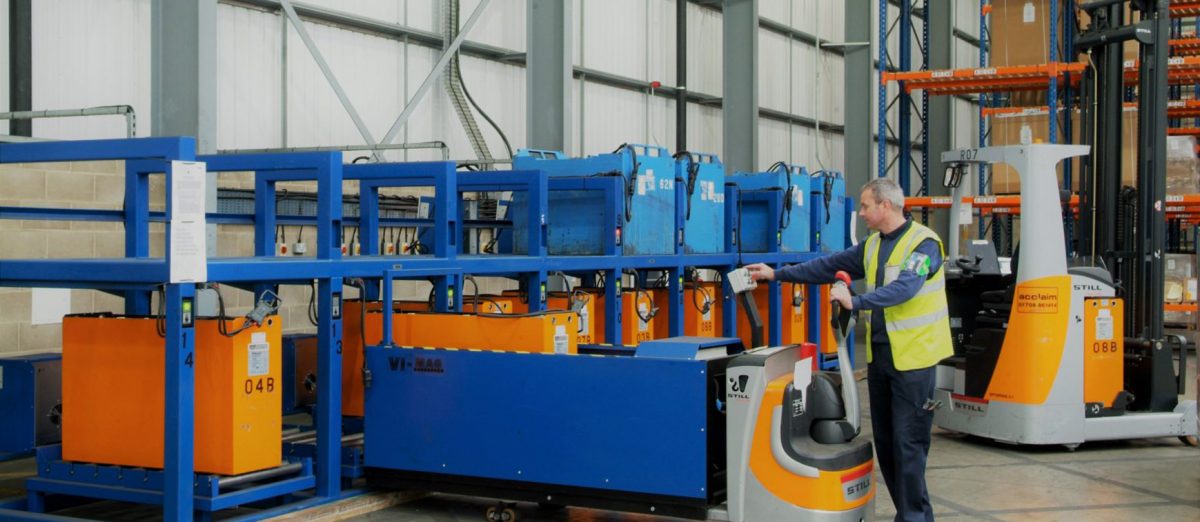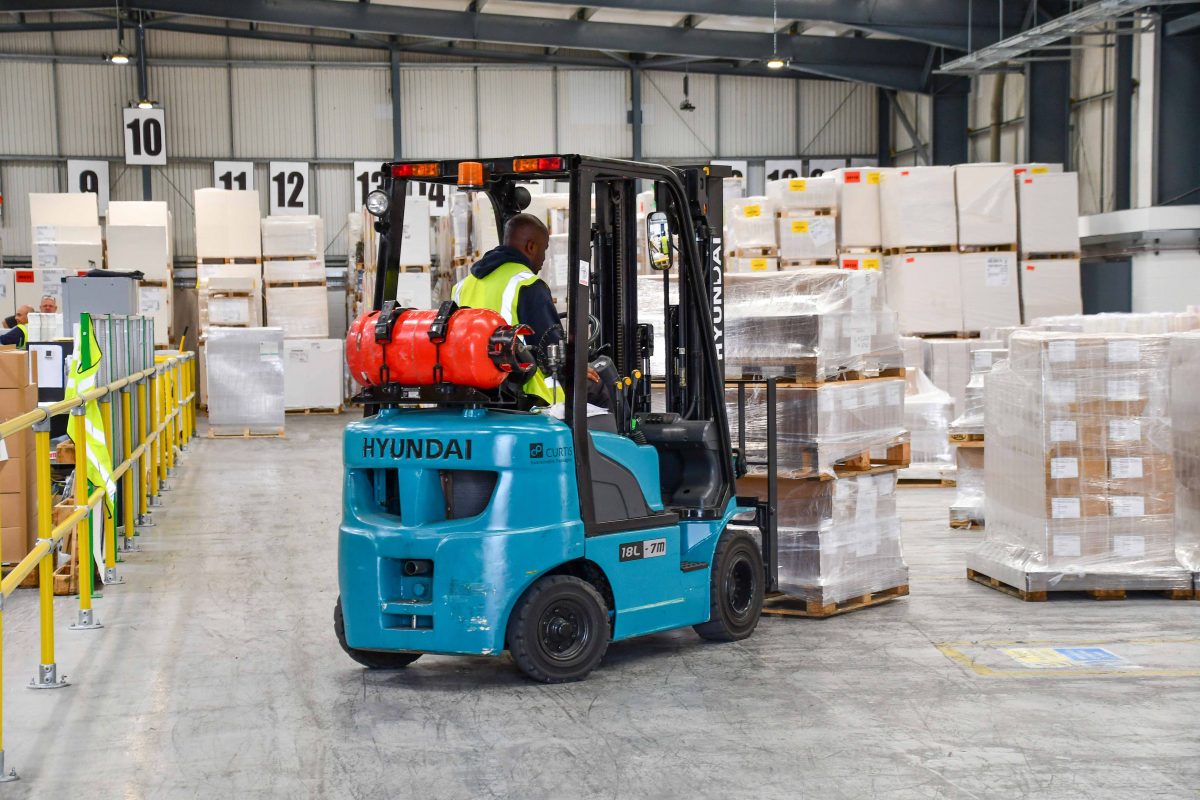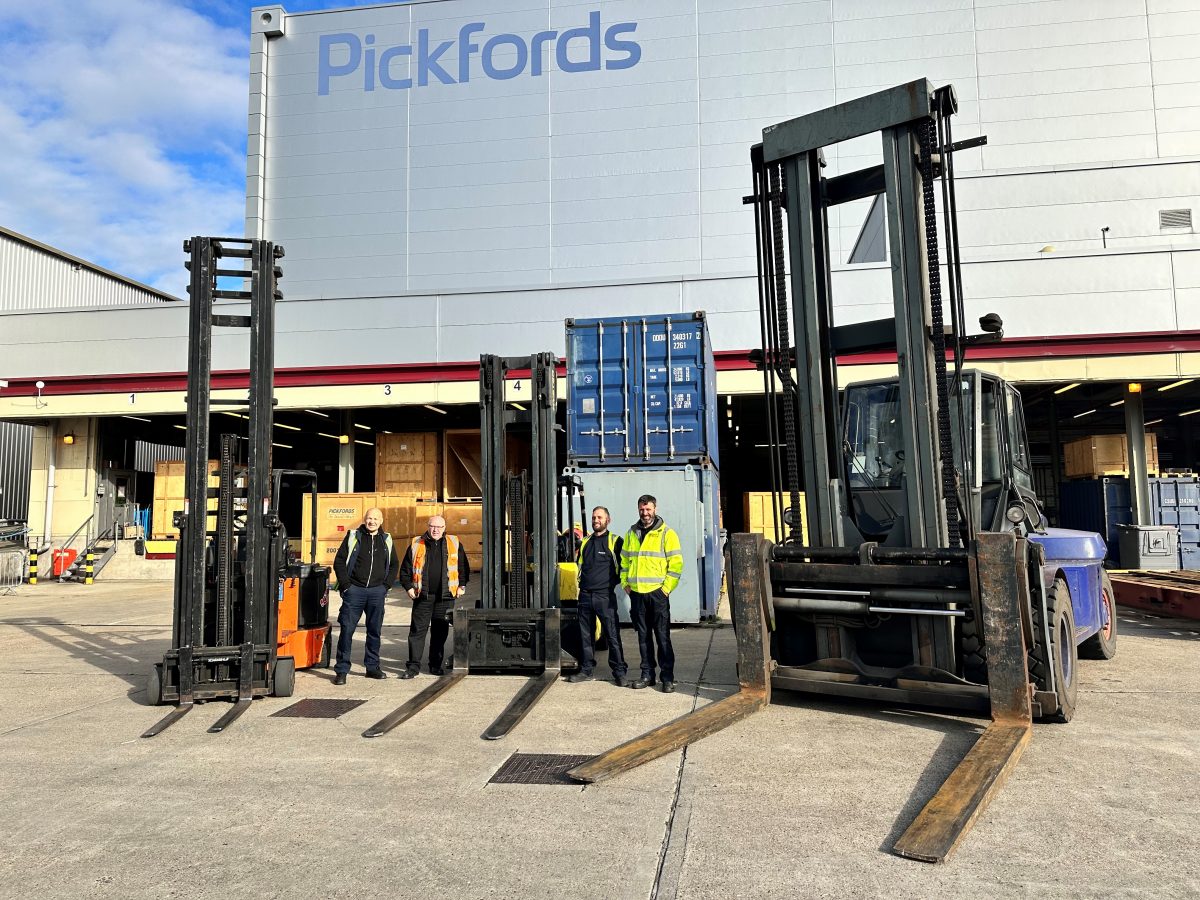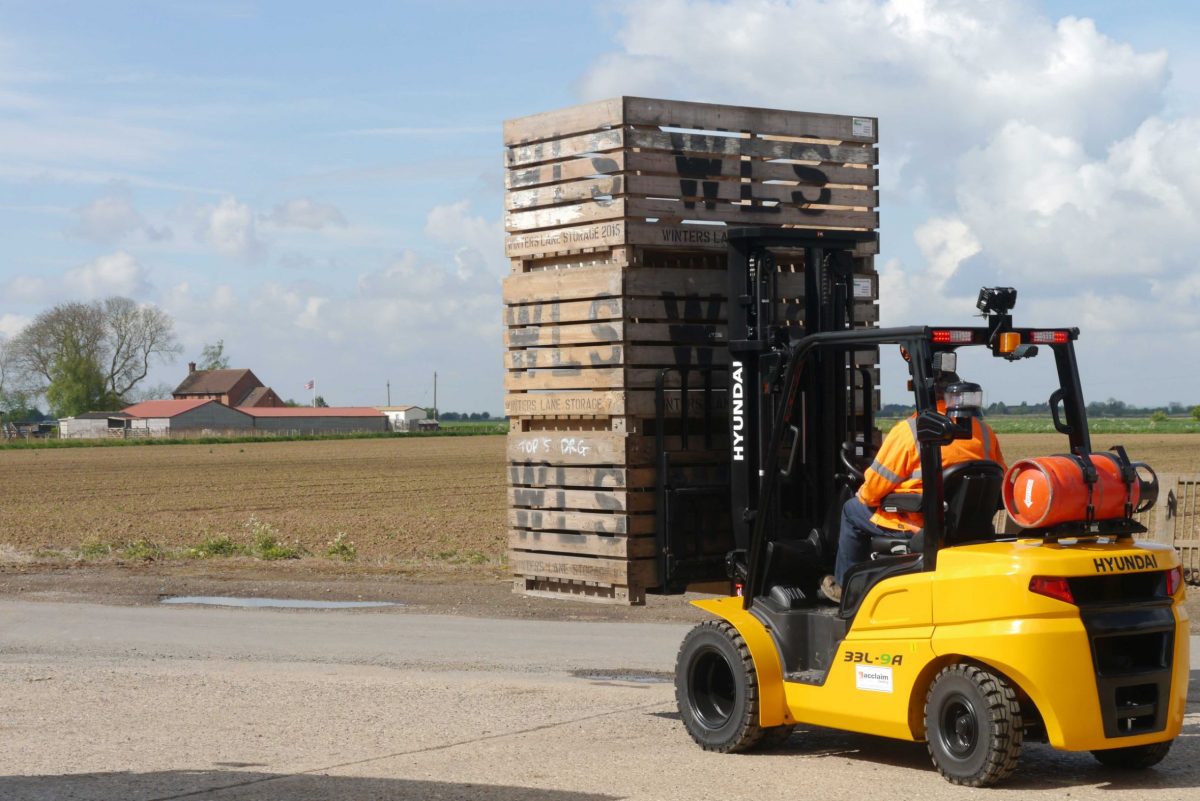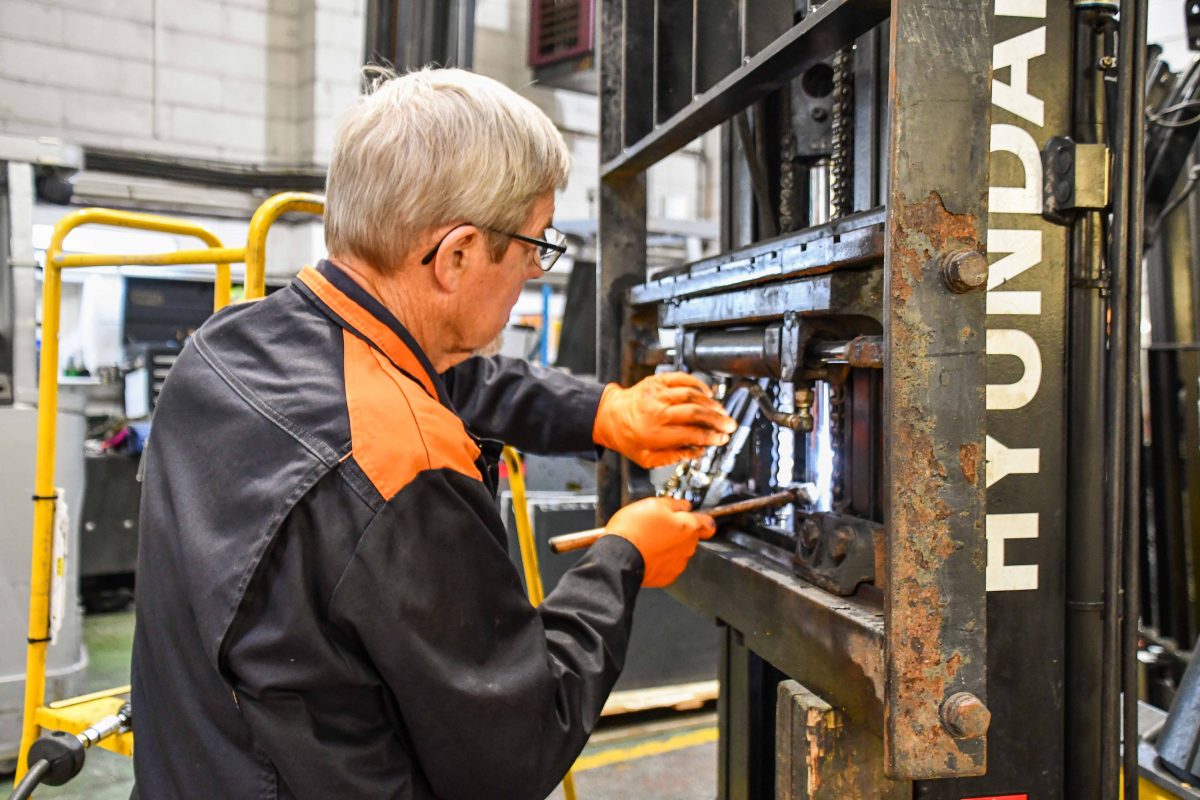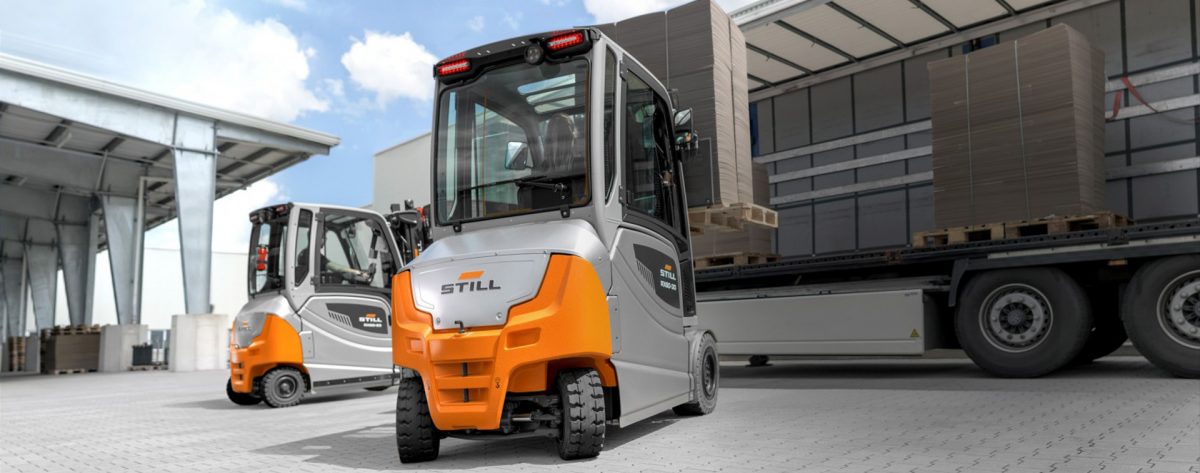10 Tips to Reduce Damage in your Forklift Operations
Forklifts are an essential piece of equipment in many industrial and manufacturing settings, but they can also be a major source of damage if not operated properly within your forklift operations.
Here are some tips to help you reduce damage in your forklift operations:
Train your operators
Make sure all your forklift operators are properly trained and certified. This will not only help reduce the risk of accidents, but it will also help ensure that your forklifts are operated in the most efficient and safe manner possible.
Conduct regular maintenance
Regular maintenance is key to keeping your forklifts in good working condition. Make sure to check the oil and fluid levels, as well as the tires, brakes and steering on a regular basis. This will help prevent breakdowns and prolong the life of your equipment.
Inspect your equipment before use
Before each use, make sure to inspect your forklifts for any signs of wear or damage. This includes checking for leaks, cracks, or any other issues that could cause problems down the road.
Use proper lifting techniques
Proper lifting techniques are essential for preventing damage to your forklifts. Make sure to keep the load as close to the ground as possible, and keep the load centred on the forks.
Be aware of your surroundings
Always be aware of your surroundings when operating a forklift. Make sure to watch out for other workers, pedestrians, and any other potential hazards that could cause damage to your equipment or injury to yourself or others.
Use the right equipment for the job
Using the right equipment for the job is crucial to preventing damage to your forklifts. Make sure to use the right attachments and forks for the load you are lifting, and never exceed the weight capacity of your forklift.
Implement safety procedures
Establishing safety procedures is a must to reduce the risk of accidents and damage. This includes creating traffic patterns, maintaining clear communication among operators, and implementing a reporting system.
Use caution when working on uneven surfaces
Forklifts are designed for use on level surfaces, so when working on uneven or sloped ground, be extra cautious to avoid tipping over or damaging the equipment.
Be mindful of load height
Be mindful of the load height when travelling through doorways, under low ceilings or other areas with limited clearance.
Use proper storage methods
Proper storage of forklifts is essential to maintaining the longevity of the equipment. When not in use, make sure to park the forklift in a designated area and follow proper shutdown procedures to ensure that the equipment is properly maintained.
Conclusion
By following these tips, you can help reduce damage in your forklift operations and keep your equipment in good working condition for longer. Remember to always prioritise safety, and to schedule regular maintenance check-ups to ensure that your forklifts are running at their best.
